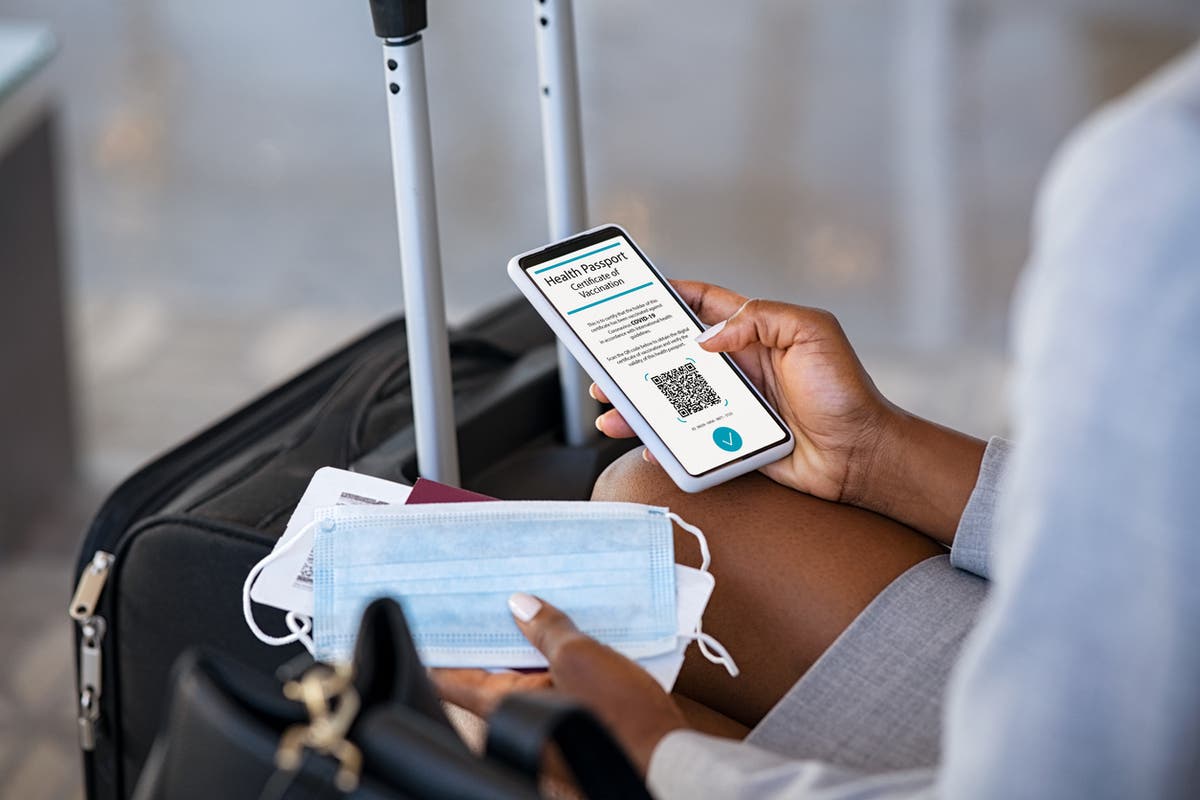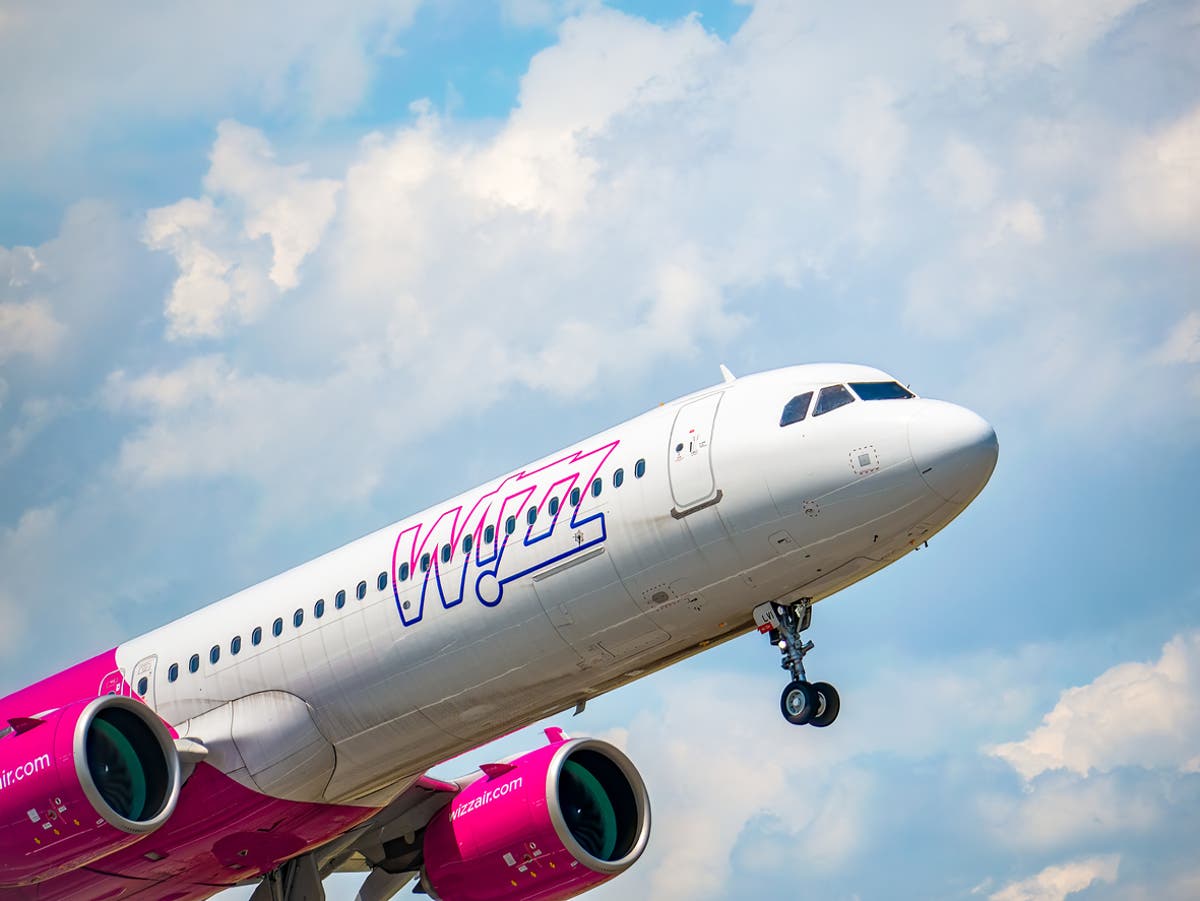Foreign Office issues new warning to UK tourists over counterfeit banknotes in Turkey
The UK foreign office and Turkey’s central bank have highlighted the issue

Your support helps us to tell the story
From reproductive rights to climate change to Big Tech, The Independent is on the ground when the story is developing. Whether it's investigating the financials of Elon Musk's pro-Trump PAC or producing our latest documentary, 'The A Word', which shines a light on the American women fighting for reproductive rights, we know how important it is to parse out the facts from the messaging.
At such a critical moment in US history, we need reporters on the ground. Your donation allows us to keep sending journalists to speak to both sides of the story.
The Independent is trusted by Americans across the entire political spectrum. And unlike many other quality news outlets, we choose not to lock Americans out of our reporting and analysis with paywalls. We believe quality journalism should be available to everyone, paid for by those who can afford it.
Your support makes all the difference.
The UK government has issued a new warning to Brits travelling to Turkey, cautioning them over the risk of counterfeit banknotes.
The Foreign, Commonwealth and Development Office (FCDO) has said that banks and money exchanges may not accept $50 or $100 US dollar bills.
This is due to a “reported surge in counterfeit banknotes of these denominations in Turkey”.
The FCDO added that nobody should accept these banknotes where possible.
The Central Bank of the Republic of Turkiye says on its website that counterfeiting methods used for Turkish lira banknotes are also used for foreign banknotes.
The US dollar and the Euro are the most frequently counterfeited foreign currencies in Turkey, it said, with counterfeit US dollar banknotes being mostly produced with offset printing technology whereas digital technology is largely preferred in the production of counterfeit Euro banknotes.
The bank says that counterfeit foreign banknotes have features such as paper that can be easily found on the market, watermarks and security threads that are imitated by print, and even features that are recognised when held up to a UV light to check if it is real or not.
These features are counterfeited so successfully that they can be highly deceptive.
Low-value foreign banknotes have also been modified before they are introduced to the market as if they are internationally recognised, high-value currencies.
The Turkish central bank said it is currently working with judicial authorities on the matter.
“Accordingly, counterfeit banknotes, which have recently been covered in news regarding the increase in the circulation of counterfeit foreign banknotes in the market, were sent to the Bank by the judicial authorities for an expert report,” the bank said.
While Turkey is a popular tourist destination, there are some parts of Turkey that the FCDO warn against visiting.
The FCDO advises against all travel to within 10km of the border with Syria due to fighting and a heightened risk of terrorism.
For more travel news and advice, listen to Simon Calder’s podcast

 Astrong
Astrong 































